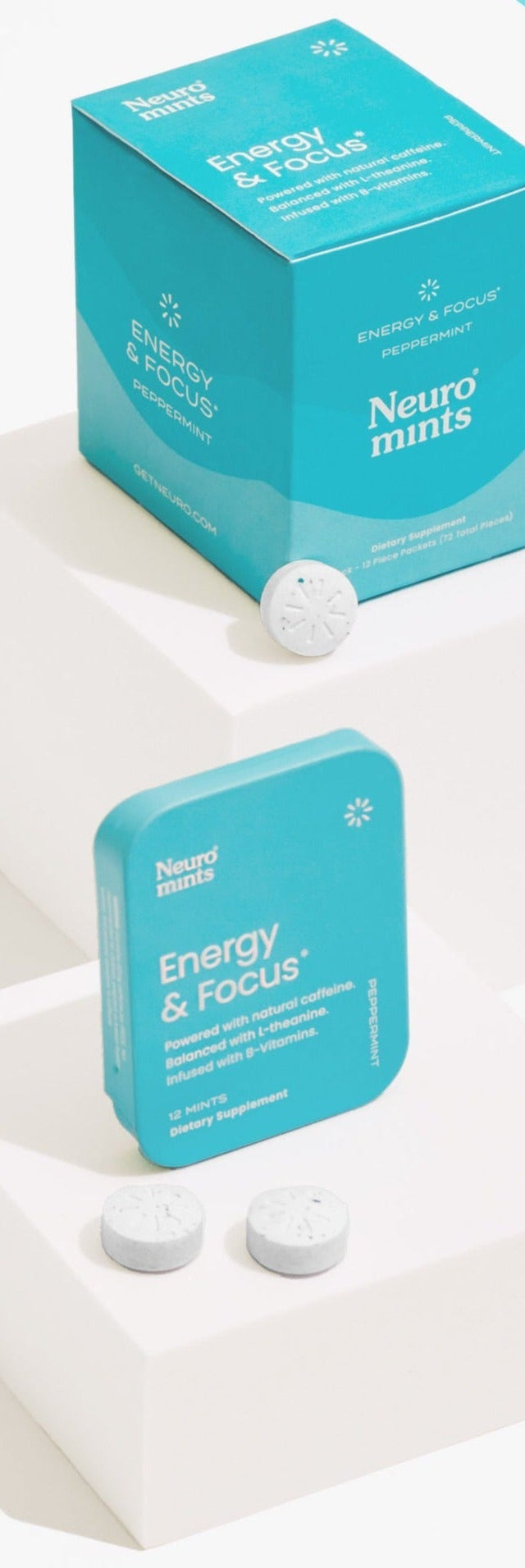Uhhh….

If you’re unfamiliar with the phrase, Brain Fog is a term used for those moments when your thoughts become suddenly unclear. You become unfocused. Simple math somehow becomes challenging.
It’s a scary feeling for most people — a sudden loss of control of the most important part of their body. As we get older, these moments become more common, but dismissing them as a normal part of aging can be a mistake. People remain sharp well into their 90's.
So what’s the cause? What makes the difference between that sharp-minded 90-something and the 30-something that gets recurring episodes of forgetfulness?
There are several, and if you get Brain Fog yourself, you may need to do some experimentation before you find the one that’s been affecting you, but I assure you it is well worth it to finally feel as though you can make it through each day without having a ‘senior moment’.
Here are some of the biggest causes as well as some suggestions for solving the problem.
LACK OF SLEEP, OR TOO MUCH

I’ve gone over this so many times on this blog that if you’re honestly still trying to get away with less than six hours of sleep all I have for you is a sort of disappointed roll of the eyes. If you haven’t gotten the message that you need sleep by now, I must refer you to this article.
Now I haven’t harped too much on getting an overabundance of sleep, but recent sleep guidelines have made it clear that getting too much sleep can absolutely cause Brain Fog and fatigue.
For adults you really don’t need much more than 9 hours of sleep, so aim for that as your maximum. If you are one of those who struggles no matter what time you wake up, I recommend the Sleep Time App, which monitors your sleep and attempts to wake you at the right time in your sleep cycles so that you don’t wake up feeling groggy. It will also present you with loads of info on your sleeping habits.
See: interesting relaxation techniques for better sleep ~
STRESS

Stress is often called the silent killer in American culture, and its damage on the body is constantly being discovered to be more and more harmful.
This is most apparent in your brain. Sadly when you seem to need it most, your brain shuts down in face of too much stress, bombarded with the hormones your body is releasing.
If you feel that stress is likely the cause of your Brain Fog, check out our 5 favorite techniques to relax in the face of stress.
POOR NUTRITION

If you are skipping this section because you think you eat great, I just have to remind you that nearly everyone has gaping holes in their diet, even the most healthy of us.
I’ve said it before, but just look into your potassium intake if you’re feeling overly cocky about your nutrition. You’re unlikely to be getting enough, and your brain needs it badly.
If your brain doesn’t have what it needs to make something, you don’t make it. Period. Don’t get enough Vitamin D? Kiss serotonin goodbye.
Lucky for you, if you think a lack of nutrition may be the cause of your Brain Fog, we’ve got a great article on 5 foods that can improve your brain function.
ENVIRONMENTAL CONDITIONS

It’s possible that brain inflammation is being caused by the air you breathe or toxins entering the body by other means. Sometimes this is a matter of treating a mold growth in your home, and sometimes it’s a matter of getting an air purifier for a dusty environment.
Whatever the possible environmental issue may be, it’s a good idea to intake more foods that can remove free radicals from the brain, which is also covered in our brain food article.
DEHYDRATION

Your mood and brain function are heavily reliant on water. This is another one I won’t spend long on, because you know darned well that you need water. If you don’t believe me, check out this article at Shape, which describes the types of mood swings that can come after just four hours without water.
OTHER HEALTH CONDITIONS

There are a variety of health conditions that can affect your brain function, so if you’ve gotten this far and haven’t found a solution to your Brain Fog, and you may be subject to one of the following conditions, ask your doctor about ways to fight back against Brain Fog and mental fatigue.
- Medications and their side effects — read your labels!
- Menopause — hormonal shifts cause big trouble for your brain
- Diabetes — fluctuations in blood sugar can be a big cause of Brain Fog
KEEP SEARCHING
If you don’t feel like any of these might be the cause of your Brain Fog, firstly, congratulations on being incredibly responsible. Secondly: don’t give up hope. If you truly are suffering from periods in which you feel like your brain has become significantly clouded, keep searching for new techniques to tackle it. There is likely a cause, and it’s well worth coming up with a solution before your brain gets too worn down by whatever it is that’s causing it.

Hi! We’re Team Neuro, aficionados of all things brain-related, from creativity to working out. With backgrounds in art, science, and athletics, we love delving into all the potentials of the human body.
We also created the world's first sugar-free nootropic caffeine gum that utilizes the effects of caffeine and L-theanine, made to help you optimize your mind — anywhere, anytime. Find out more here.





























